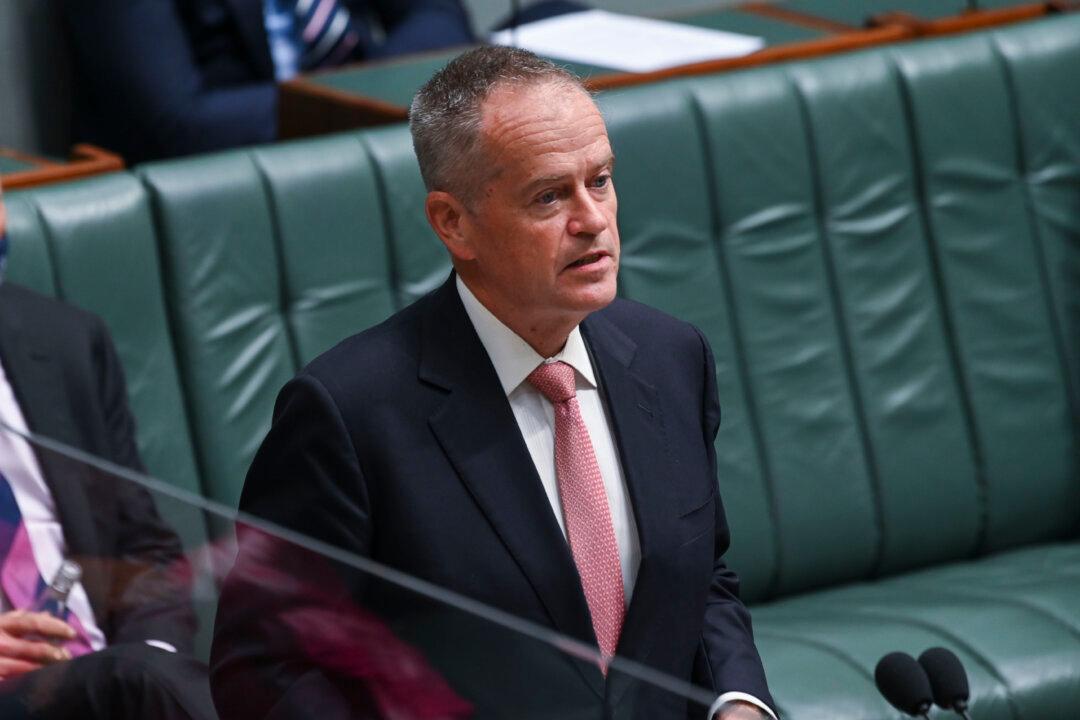National Disability Insurance Scheme (NDIS) minister Bill Shorten is warning a delay in a vote on amendments to the program could cost taxpayers $1 billion (US$665 million).
An amendment before the Senate is set to help close loopholes in the NDIS and help address the unsustainable growth of the program.





